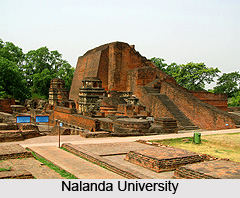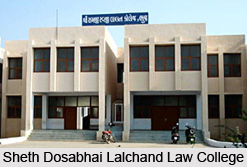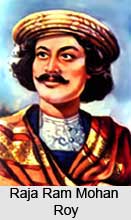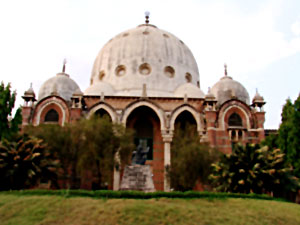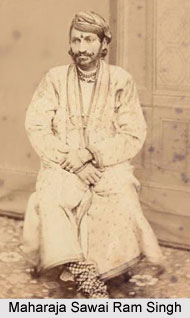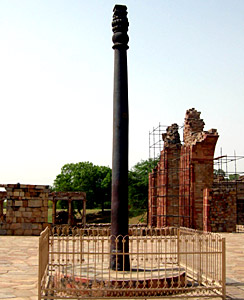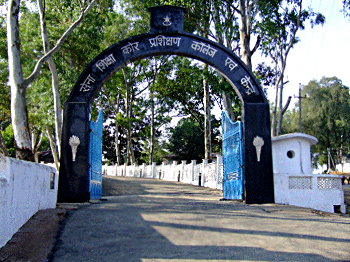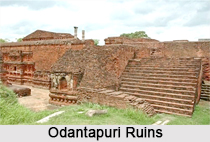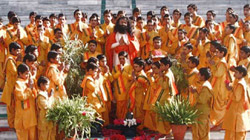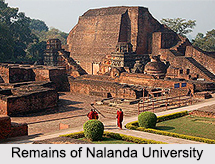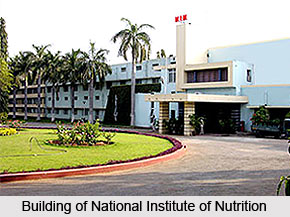 National Institute of Nutrition (NIN) is an Indian public health institute concerning on Biotechnology and Translational research in South India.
National Institute of Nutrition (NIN) is an Indian public health institute concerning on Biotechnology and Translational research in South India.
Location of National Institute of Nutrition (NIN)
National Institute of Nutrition (NIN) is an Indian Public health, biotechnology and translational research centre located in Hyderabad, which is the capital city of Telangana and Andhra Pradesh. National Institute of Nutrition is one of the oldest research centres in India, and the largest centre, under the Indian Council of Medical Research, located in the vicinity of Osmania University.
History of National Institute of Nutrition
National Institute of Nutrition was founded in the year 1918 by Sir Robert Mc. Carrison. National Institute of Nutrition was originally a single room laboratory at the Pasteur Institute of Coonoor, Tamil Nadu for the study of Beriberi, and was called the Beri-Beri Enquiry Unit. McCarrison was invalided to Britain from 1920-1922, and in 1923 the enquiry was axed on financial grounds. It was restored two years later as the Deficiency Disease Inquiry, which Mc.Carrison headed from 1925-1929. The scope of the laboratory expanded to include all deficiency diseases, and around 1928-29 became the Nutrition Research Laboratories (NRL), with McCarrison as its first Director, until his retirement in 1935, when he was succeeded by Dr. W.R. Ackroyd. The facility moved to Hyderabad in the year 1958 and in 1969 was renamed the National Institute of Nutrition.
Administration of National Institute of Nutrition
National Institute of Nutrition has associated clinical and paediatric nutrition research wards at various hospitals such as the Niloufer Hospital for Women and Children, the Government Maternity Hospital, the Gandhi Medical College and the Osmania General Hospital in Hyderabad.
Wings of National Institute of Nutrition
The Food and Drug Toxicology Research Centre, National Centre for Laboratory Animal Science, and the National Nutrition Monitoring Bureau are the other wings of National Institute of Nutrition for India`s Ministry of Health and Family Welfare.
Funding of National Institute of Nutrition
National Institute of Nutrition also derives funding from the Indian Department of Biotechnology.
Research in National Institute of Nutrition
National Institute of Nutrition conducts research in obesity, diabetes, food chemistry, drug toxicology, and public health in collaboration with centres such as the Rockefeller University, University of Colorado School of Medicine, Washington University, and the Johns Hopkins Bloomberg School of Public Health in the United States and the University of Wollongong in Australia. National Institute of Nutrition also carries out research and patent development in clinical nutrition, pharmacology, pathology, toxicology, food chemistry, endocrinology, molecular biology, regenerative medicine, community nutrition, ophthalmology, and sports nutrition. National Institute of Nutrition is equipped with state of the art facilities among Animal housing, In vivo-imaging, Automated electrophoresis, Flow cytometry, DNA Microarray, Liquid chromatographymass spectrometry, Atomic absorption spectroscopy, Matrix-assisted laser desorption/ionization, Scanning electron microscope, Confocal laser scanning microscopy, Transmission electron microscopy, DNA sequencers, Cryogenic equipment, thermal cyclers.
Education of National Institute of Nutrition
National Institute of Nutrition offers advanced education courses and PhD program for nutrition and laboratory animal sciences. The Centre is recognized by Dr. N.T.R. University of Health Sciences for pursuing post graduation in Applied Nutrition sciences. The institute is also recognized by Osmania University, University of Hyderabad, Jawaharlal Nehru Technological University, for pursuing doctor of Philosophy in Life Sciences. The institute has trained over 1600 health professionals from 35 countries. 150 candidates obtained PhD and MD degrees.
